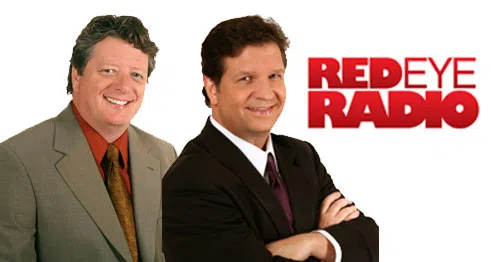(The Center Square) – Chicago Public Schools Inspector General William Fletcher’s office’s annual report looks at fraud, waste and misconduct.
In the most recent report from the IG, Fletcher’s office found 77,000 laptops to be lost or stolen. Chicago Teachers Union Vice President Jackson Potter is calling for more “tech coordinators.”
John Kugler, a lifelong educator and a former employee of the Chicago Teachers Union, said tech coordinators don’t specialize in loss prevention but rather they repair and prepare technology.
“For them to say they don’t know where those computers are is ridiculous. They know exactly where every one of these computers are today,” Kugler said.
Kugler was a CPS employee from 2004 to 2010 and then worked alongside Potter and CTU President Stacy Davis-Gates. He worked in a computer lab.
“Tech coordinators do not have authority over students,” said Kugler. “They put on an asset tag and they set up the computer so teachers and students can use them.”
Each computer would be assigned to a room number or, in the case of remote learning, each computer is assigned to each student, which then would follow that student to each teacher. All of those computers are on a roster under a teacher’s name, Kugler said.
“They don’t want to retrieve the computers,” Kugler said.
The lost or stolen laptops amount to a total of $23 million in taxpayer cost. Fletcher said the schools need a complete overhaul on how to track lost or stolen laptops.
“One of the things the performance review showed was that some schools hire their own technology coordinators called ‘techos’ and those are CPS employees, ” Fletcher said. “Whereas other schools may hire an external vendor or a company, but those third-party technology coordinators don’t receive centralized training and they don’t know how to input data into the system.”
Fletcher said all of these things resulted in really poor data being entered into the asset inventory system that was completely unreliable and led to 77,000 computers, laptops and tablets being reported lost or stolen.
“One of the recommendations we had in our report was that where we have schools that have school-based technology coordinators … those audits that were submitted by those schools tended to report fewer lost or stolen devices,” Fletcher said. “They were doing a better job at accounting for their inventory.”
The report, which details the inspector general’s work for the year that ended June 30, 2023, also shows the district spent $124 million on tech assets.
Kugler said the loss prevention falls on the teacher and the disciplinary action falls on the administration.
“I worked with computers and I set computers up. School-based and third-party technology coordinators, all of them, wouldn’t be able to retrieve these computers. It’s not their job and it doesn’t make sense for the Inspector General to say that. It begs the question: Why are they mirroring the same talking points?” Kugler said.
When he was at CPS, they would file a police report if the computer went missing, Kugler said.
Fletcher’s office’s annual report looks at other issues including fraud, waste and misconduct.
Of the 446 sexual misconduct complaints received by the office, 7% were sexual acts while 26% were other sexual misconduct allegations and 67% were guideline violations.
“While there are concerning allegations for sexual abuses and sexual misconduct, most of the 464 complaints relate to guideline violations that relate to appropriate boundaries between staff and students,” Fletcher said.
Guideline violations could be giving students presents, texting with students and giving rides.
The Chicago Board of Education is pushing for the removal of police officers in the schools, and Fletcher said when the office reports these suspected crimes they are usually calling detectives especially assigned to investigate sex crimes.
“We are not usually reporting these complaints to the police officers that are stationed in schools,” said Fletcher. “I am not familiar with any cases where the initial outcry from a student has been to a school-based security officer or a school-based Chicago police department officer. I am certain they are a great resource in other ways.”
During the pandemic, the government offered taxpayer-funded Paycheck Protection Program loans, but CPS employees lied on their applications and did not qualify for those loans. Fletcher’s report says 810 employees took PPP loans and of those 16 were asked questions and later resigned or were fired.
“These are year round employees who applied for these loans under fraudulent pretenses and the common thread is that they claim to have businesses and have payroll that would qualify them to apply for and receive these PPP loans and our investigations have shown these businesses are entirely made up,” said Fletcher. “In some cases they would claim their sole proprietorship would make them $100,000 a year and our investigations would show if anything it was much less.”
Chicago Public Schools has received about $1.93 billion in additional state and local taxpayer funding since the 2018-19 school year.







